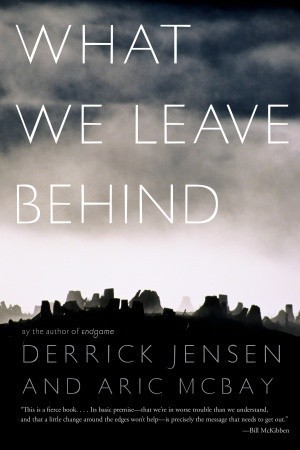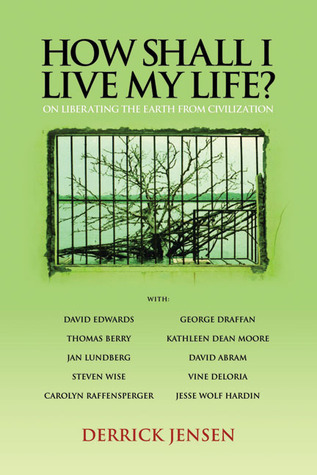
What We Leave Behind
Book Description
Trapped between the loss of paradise and the haunting echoes of a damaged planet, 'What We Leave Behind' plunges into the stark realities of environmental collapse. Derrick Jensen's urgent and passionate prose challenges the status quo, exploring the deep connections we share with the world around us. As humanity grapples with its choices, voices rise in defiance, weaving a tapestry of hope, despair, and awakening. Each page ignites a spark, urging a reckoning not just within ourselves, but for the future of all. What legacy are we crafting, and will it be one of destruction or rebirth?
Quick Book Summary
"What We Leave Behind" by Derrick Jensen is a gripping exploration of humanity’s destructive relationship with nature. Blending memoir, ecological criticism, and philosophical inquiry, Jensen interrogates our daily habits and the systems that perpetuate environmental destruction. He challenges industrial society’s assumptions about waste, progress, and sustainability, urging readers to confront the true consequences of their actions. Through vivid anecdote and passionate prose, Jensen questions the foundations of civilization itself, examining what it means to truly care for the Earth. The book does not shy away from despair, but ultimately offers a stirring call to awaken, take responsibility, and reimagine our legacy—one wherein humans live in genuine reciprocity with the natural world.
Summary of Key Ideas
Table of Contents
The Impact of Civilization on the Planet
Derrick Jensen begins by dismantling the comfortable narratives that shield us from the environmental devastation caused by modern civilization. He scrutinizes the idea of progress, exposing how it often comes at the cost of irreparable ecological damage. Jensen recounts explicit examples of pollution, habitat destruction, and biodiversity loss, grounding his environmental critique in personal experience and historical context. He argues that our entanglement with industrial society fuels a collective denial about the harm inflicted upon the world and that confronting this denial is the first step toward meaningful change.
The Myth of Waste Management and Recycling
Central to Jensen’s argument is the notion that our culture’s approach to waste is deeply flawed. He delves into the myths surrounding recycling, waste treatment, and sustainability, demonstrating that these systems often fail to address the core problem: endless consumption. Waste, Jensen posits, is more than a practical issue; it is a symptom of a worldview that sees the planet as disposable. He examines the origins of waste, challenging readers to reconsider what is truly disposable and what must be preserved at all costs.
Personal Responsibility versus Systemic Change
Jensen goes on to weigh the role of individual action against the necessity of systemic change. While acknowledging the value of personal responsibility—such as composting, recycling, and reducing one’s carbon footprint—he argues forcefully that such actions are insufficient in the face of large-scale industrial destruction. The book argues for dismantling entrenched systems that perpetuate harm and advocates a fundamental transformation of economic, political, and cultural institutions.
Reconnecting with Nature and Ecological Cycles
A recurring theme in the book is the need to revive our bond with the natural world. Jensen urges readers to move beyond anthropocentrism and reconnect with the ecological cycles that sustain life. He shares moving stories and philosophical reflections to highlight the deep interdependence of living beings. Through these explorations, he prompts a reevaluation of what it means to be a responsible inhabitant of Earth, suggesting that genuine ecological stewardship requires humility and respect for nonhuman life.
Envisioning a Sustainable, Regenerative Future
In closing, Jensen imagines what a regenerative legacy might look like. He emphasizes the importance of hope fueled by action, inspiring readers to envision—and work toward—a future where people live in harmony with the land. The book’s final message is both a warning and a call to action: what we leave behind will define us, and the choice between destruction and renewal remains in our hands.
Download This Summary
Get a free PDF of this summary instantly — no email required.





